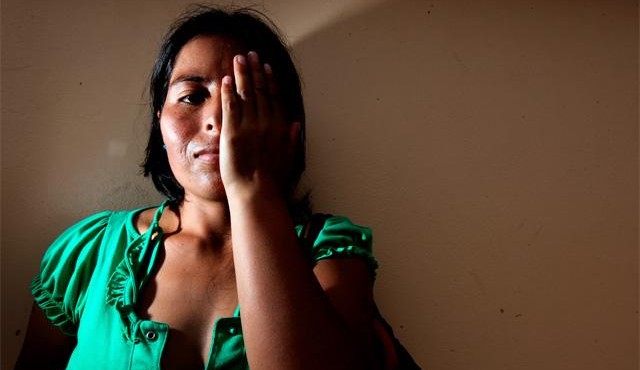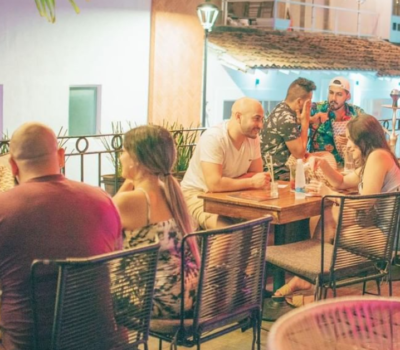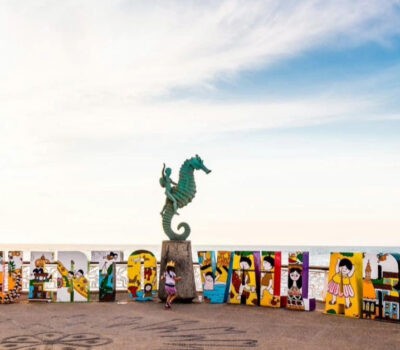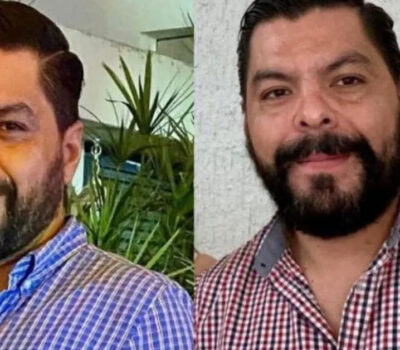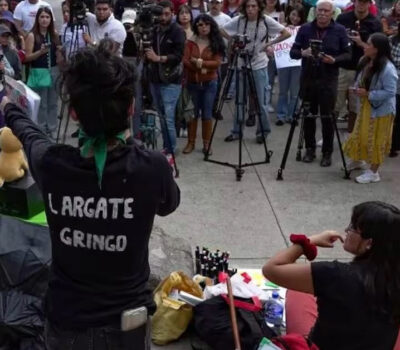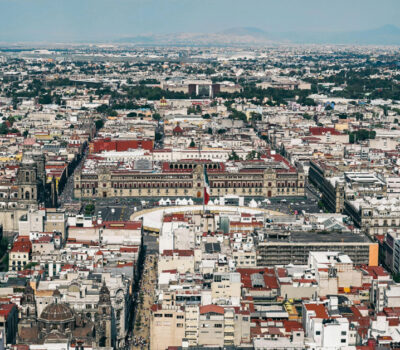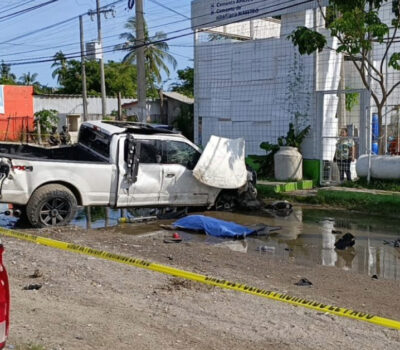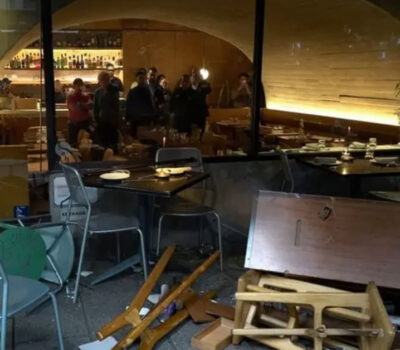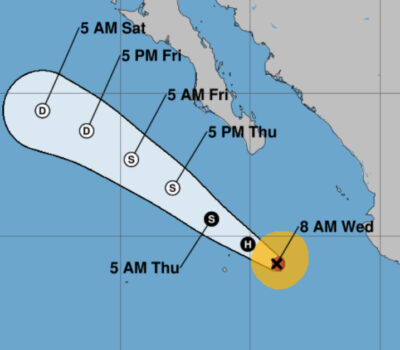Denisse Velasco has been suffering from acute anxiety since spring, when she narrowly escaped being abducted from a busy street in Guadalajara, Mexico.
She was waiting at a bus stop one morning when a man jumped out of a taxi and tried to force her inside. Velasco suspects it was a drug trafficker intent on kidnapping her for ransom.
“The same thing could happen again in any moment,” Velasco told the Thomson Reuters Foundation. “I walk different routes every day to make sure I’m not followed.”
Velasco’s story is far from uncommon in Mexico, where violence against women has risen dramatically since the government declared war on organized drug trafficking 10 years ago.
Former Mexican President Felipe Calderon launched the hard-line war on drug cartels in December 2006, heavily increasing the role of the military to enforce the law-and-order regime. More than 170,000 killings have been reported since the crackdown commenced.
The offensive splintered trafficking gangs, creating dozens of new ones. It also aggravated territorial disputes and made Mexico more violent, experts say, with women increasingly the victims.
Murders of women have risen by 84 percent to 2,383 last year from 1,298 in 2006, according to government statistics.
The death toll for women has been particularly high in the key battlegrounds of Jalisco, Guerrero and Mexico states.
Guadalajara, the site of Velasco’s attack, is the capital of Jalisco, where authorities say 1,171 girls and women went missing in 2015.
The Mexican government acknowledges the link between its war on drugs and violence against women.
“There’s a strong correlation between the rise in violent deaths of women and the strategy to combat organized crime,” said Pablo Navarrete Gutierrez, legal affairs coordinator for the National Institute of Women (Inmujeres), a government agency charged with tackling gender violence and discrimination.
“From 2012, we started to see a slight decrease in homicides of women, but the number is nevertheless worrying. This is a serious problem.”
“MISOGYNISTIC VIOLENCE”
The violence has resonated through the community as a whole, said Maria Guadalupe Ramos Ponce, a coordinator for the Committee of Women’s Rights in Latin America and the Caribbean.
“The drug war has normalized misogynistic violence,” Ramos Ponce said.
The violence has grown more gruesome toward women as well, with torture and dismemberment more common, she said.
“It is not just that they take their lives. It is how they take their lives,” Ramos Ponce said, noting the body and decapitated head of an unidentified woman was found on the side of a Jalisco highway earlier this month.
Since the war on drugs began, kidnappings and extortion have become commonplace, and Human Rights Watch has accused Mexican security officials of violating human rights through killings, torture and disappearances.
The newer drug traffickers are more willing to target innocent victims, using kidnapping and human trafficking as threats and weapons, experts say.
“The rules of engagement have changed, and killing a rival’s family members has become common practice,” said Angelica de la Peña Gomez, a senator for the Party of the Democratic Revolution (PRD) and president of the Senate’s Human Rights Commission.
POVERTY
Extreme violence is particularly prevalent in impoverished areas. Mexico’s 10 poorest states each had at least 60 femicides last year, compared with a national average of 49.
Most analysts agree that the nation’s anti-drug strategy has exacerbated poverty, in turn worsening violence against women.
For example, anti-drug fumigation programs destroy the only income available to many opium poppy and marijuana farmers and kill nearby food crops as well.
Poverty in Mexico rose to more than 53 percent in 2014, up from 49 percent in 2008, according to the World Bank, the second highest increase in Latin America after Venezuela.
Poverty is often linked to abusive relationships as men resort to violence as an outlet for frustration.
“People will displace their aggression,” said Jane Wood, a forensic psychologist at Britain’s Kent University. “Female partners are often targeted.”
MASS ARRESTS
Security forces engaged in the drug war are guilty as well of violence against women, according to Amnesty International which released a report in June saying police and armed forces routinely abused female prisoners, with almost total impunity.
“The current approach to public security sees women as expendable parts,” said Madeleine Penman, Amnesty’s Mexico researcher. “Authorities themselves often subject women to mass arrests in order to inflate their figures.”
Such women are often accused of crimes without any evidence. Of the 100 women interviewed for Amnesty’s report, 93 said they were hit or beaten while under arrest and 33 said they had been raped in custody.
Mexico’s defense secretary apologized in April after a leaked video showed soldiers and police suffocating a female suspect with a plastic bag.
Penman said she welcomed the apology but said it falls far short.
“In order to respect human rights in Mexico, the government needs to have a roadmap to demilitarize public security,” said Penman. “We think it’s time to have that conversation.”
(Reporting by Stephen Woodman, Editing by Ellen Wulfhorst; Please credit the Thomson Reuters Foundation, the charitable arm of Thomson Reuters, that covers humanitarian news, women’s rights, trafficking, property rights and climate change. Visit news.trust.org)
Denisse Velasco has been suffering from acute anxiety since spring, when she narrowly escaped being abducted from a busy street in Guadalajara, Mexico.
She was . . .

